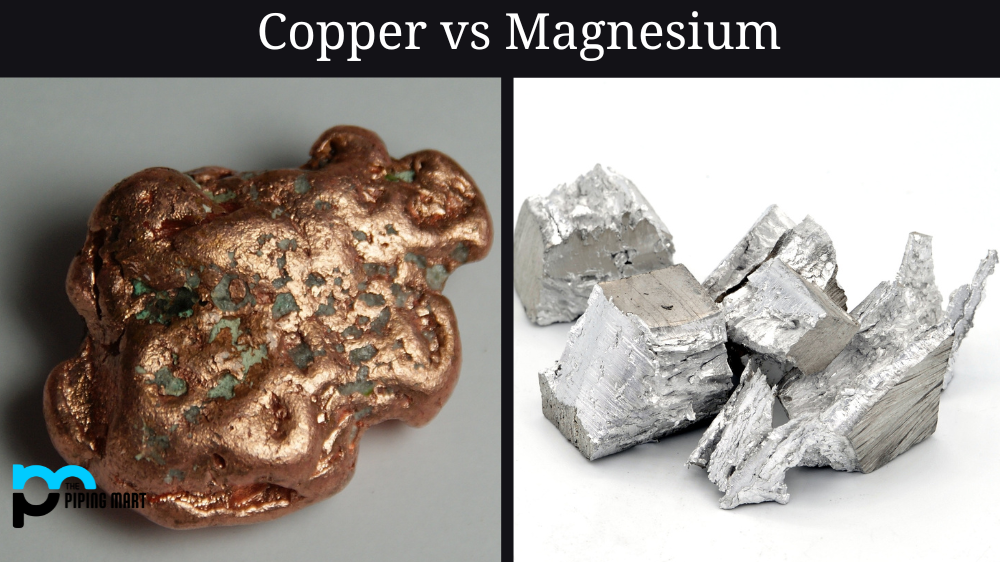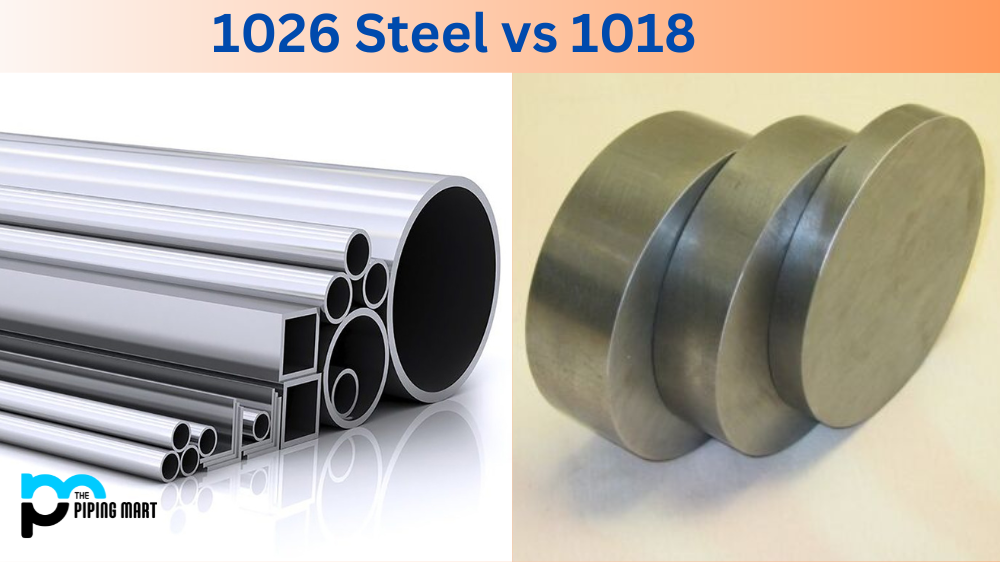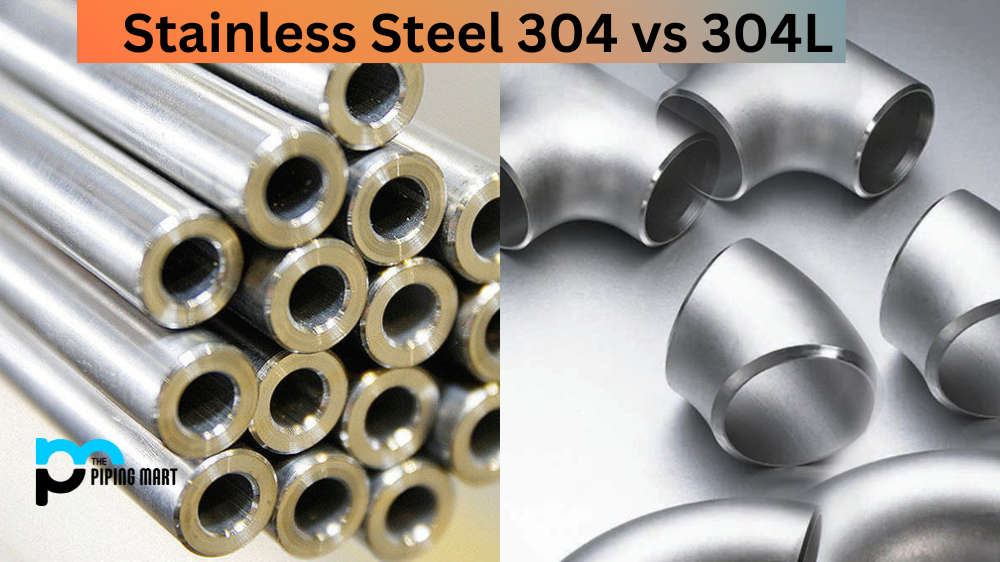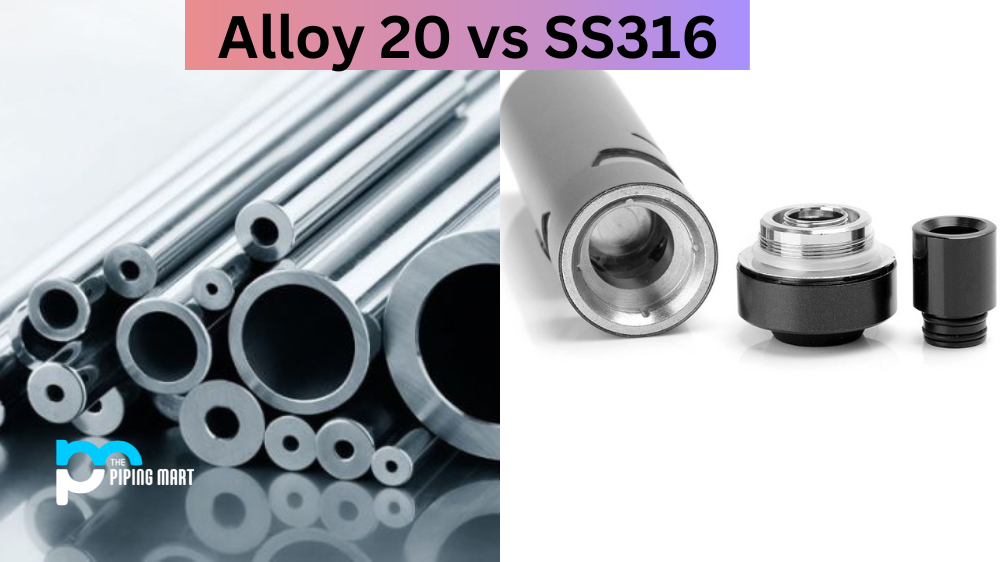Copper and magnesium are two of the most commonly used metals. But what sets them apart? How do they differ regarding their physical, chemical, and electrical properties? This blog post will look at how these two metals compare and discuss why they are used in various applications.
Physical Properties
Copper is a soft metal with an orange-red color. It has a low melting point and is malleable and ductile, so it can be easily shaped into wires or other forms without breaking. It also has excellent thermal conductivity and corrosion resistance. Magnesium, on the other hand, is much lighter than copper and has a silver-white color. It has a higher melting point than copper but is still relatively malleable and can be extruded into thin sheets or rods. However, magnesium doesn’t have as good corrosion resistance as copper.
Chemical Properties
Copper is an excellent conductor of electricity but is also highly reactive to many acids and alkalis. On the other hand, Magnesium is not very reactive to most compounds but still conducts electricity well. This makes it especially useful when creating alloys with other materials, such as aluminum or zinc.
Electrical Properties
Copper has been used for electrical wiring since ancient times due to its excellent conductivity properties. Its ability to conduct electricity means it can quickly transfer large amounts of power from one place to another with minimal energy loss. Magnesium, on the other hand, does not transfer electricity as quickly as copper does. However, it still possesses decent electrical conductivity properties that make it useful for specific applications like aircraft wiring systems or circuit boards where weight savings are needed more than the speed of transmission.
Difference Between Copper and Magnesium
Copper and Magnesium are two very different elements. Copper is a dense, orange-tinged metal which conducts electricity, while magnesium is a light, silvery metal that is far more reactive than copper. While copper is commonly used in electrical wiring and cookware, magnesium has far fewer real world uses outside of its presence in some vitamins and alloys. Copper oxide can also be used to sustain fires due to its slightly combustible nature, whereas magnesium oxide is often used as an antacid for humans. By knowing the differences between these two elements, one can appreciate how using the right material for a job can make a huge impact on both practical and medical aspects of life.
- Copper is a better conductor of electricity than magnesium.
- Magnesium is more corrosion-resistant than copper.
- Copper is more ductile than magnesium.
- Magnesium has a higher melting point than copper.
- Copper is more abundant than magnesium.
Conclusion:
When deciding between copper and magnesium for your application needs, there are several factors to consider, including physical properties, chemical properties, and electrical properties. Copper may be better suited if you need something with high corrosion resistance. At the same time, magnesium may be preferable if you require something lightweight that offers good electrical conductivity without sacrificing too much speed in terms of power transferral. Ultimately though, both metals have their advantages, so choose wisely!

Abhishek is a seasoned blogger and industry expert, sharing his insights and knowledge on various topics. With his research, Abhishek offers valuable insights and tips for professionals and enthusiasts. Follow him for expert advice on the latest trends and developments in the metal industry.




